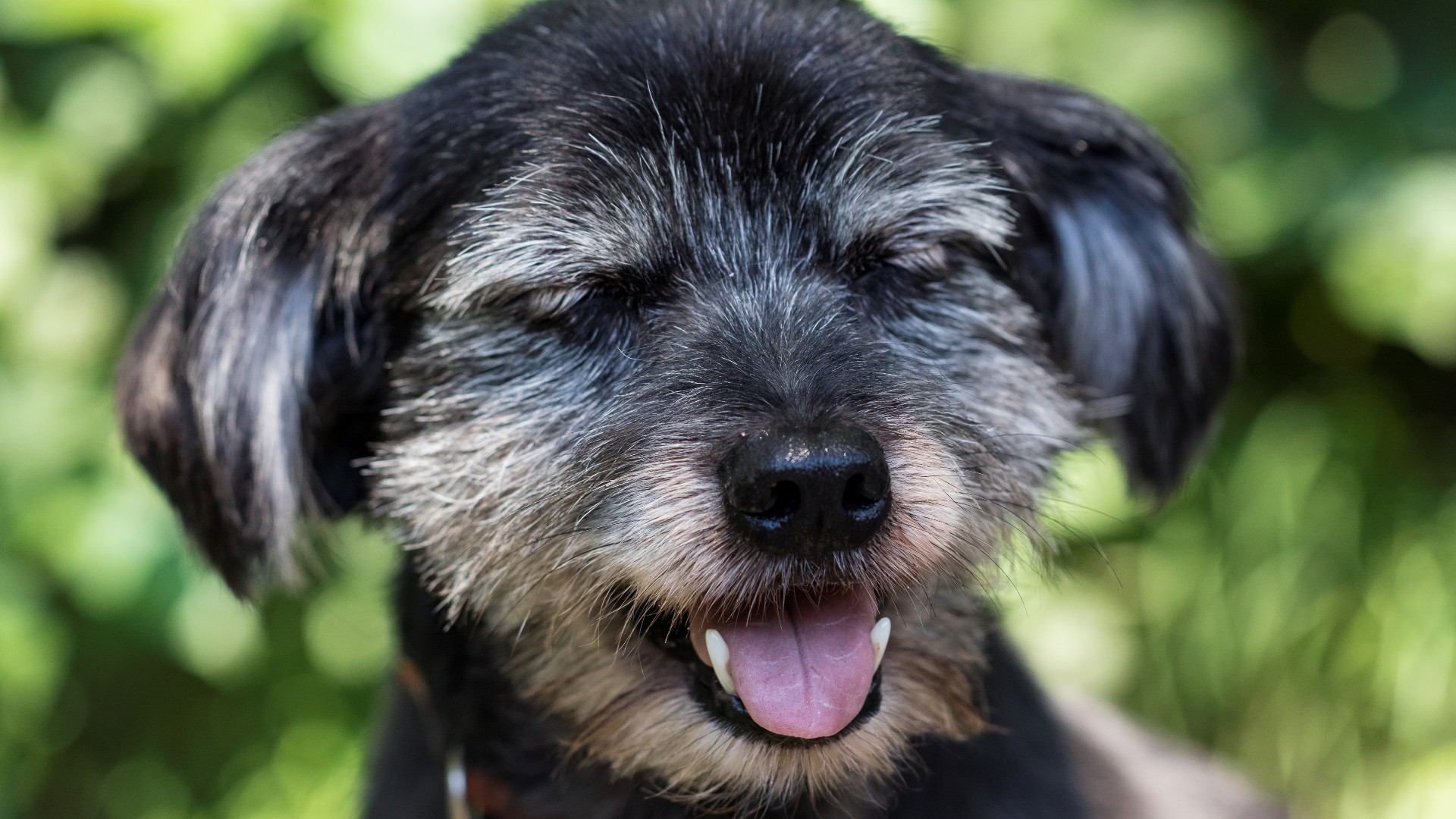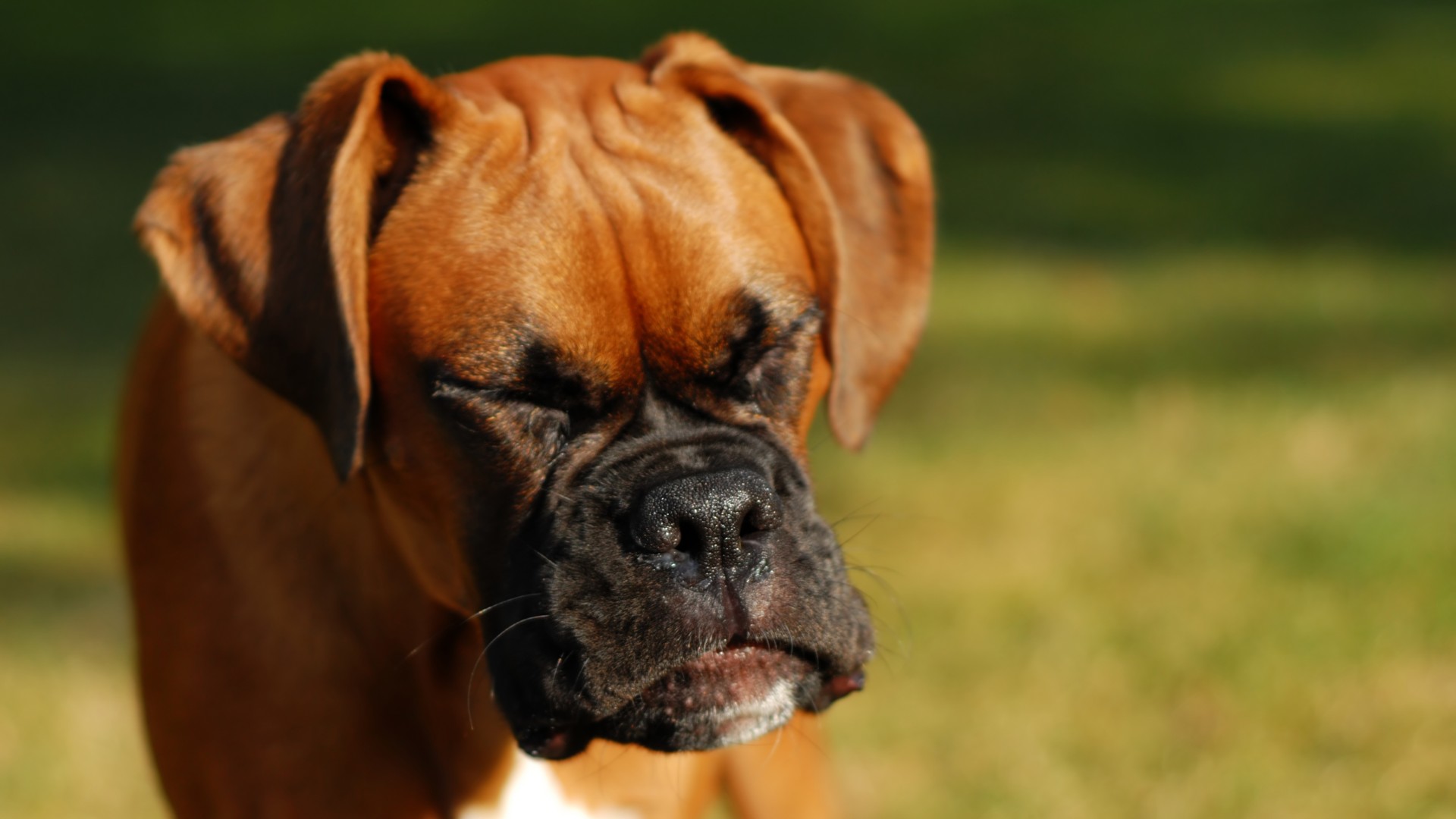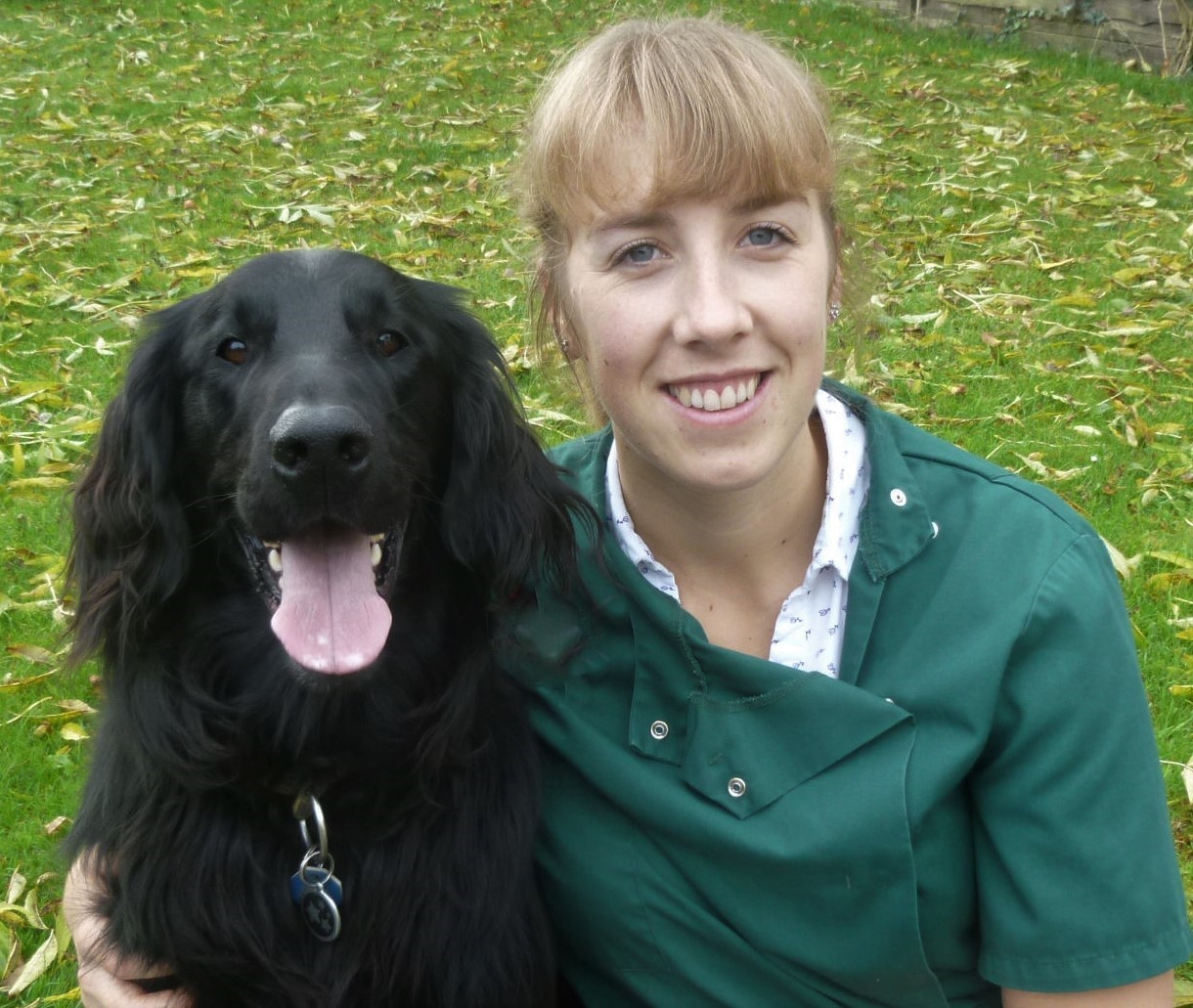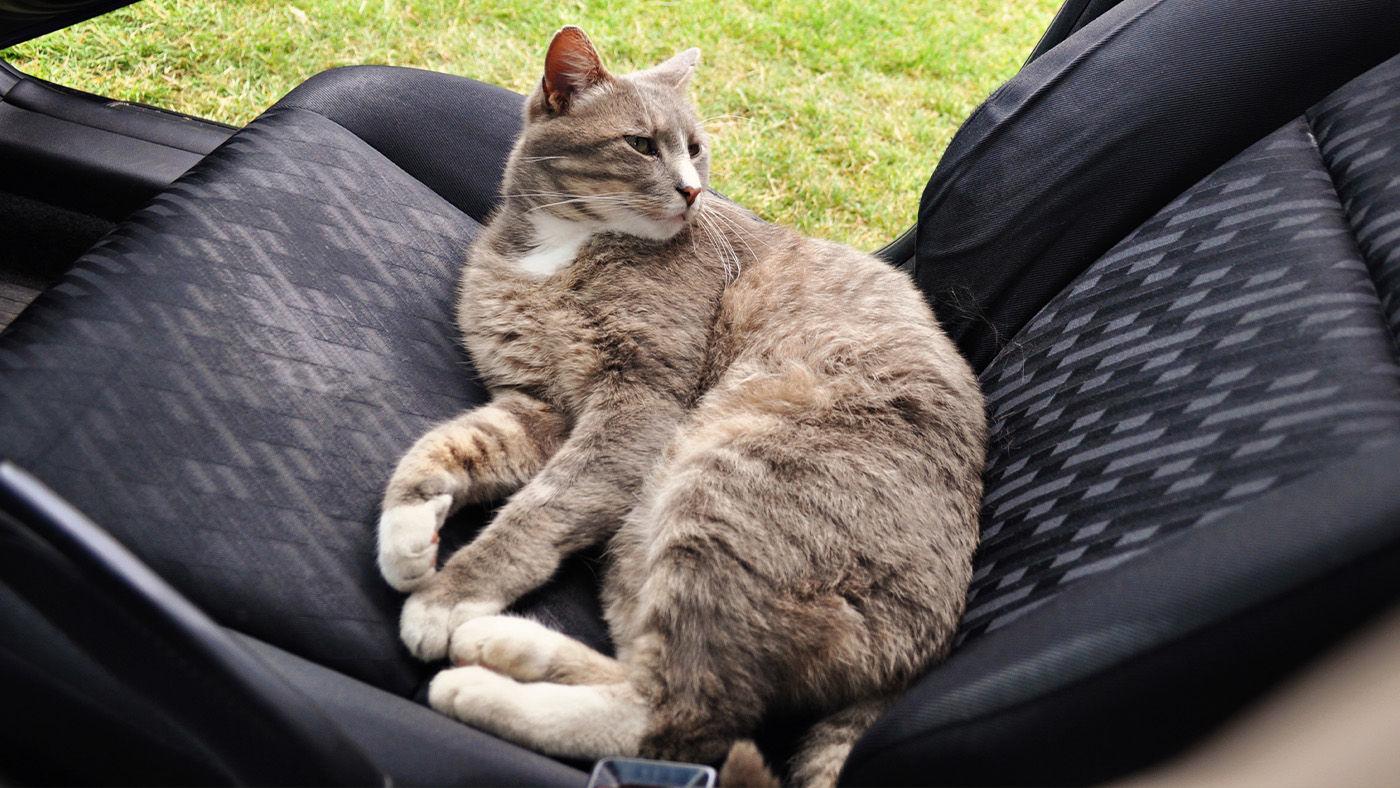What causes reverse sneezing in dogs? Our vet explains
Reverse sneezing in dogs can seem dramatic but should you be worried? Find out more from our vet

Reverse sneezing in dogs may be a term you’ve heard of, but do you know what it means, or what causes it in the first place?
Dogs can make all sorts of noises, some more alarming than others. One of the noises that pet owners may hear on occasion is reverse sneezing. This is a very different sound from snoring, snorting or coughing, and it may cause you to worry that your dog is struggling for breath. It’s important to stay calm though, as most dogs are completely back to normal within seconds.
Let’s explore this phenomenon and what triggers it in more detail.
- Why is my dog coughing? A vet answers…
- Why is my dog itching, scratching, and biting himself constantly?
- Why is my dog grinding their teeth? Vet's guide to causes and treatment
What is reverse sneezing in dogs?
Reverse sneezing is something that most dogs will experience from time to time. Some dogs are more prone to this issue than others, including small and brachycephalic breeds.
Reverse sneezing often occurs when the soft palate becomes irritated. The soft palate is a piece of tissue which is responsible for assisting with breathing and swallowing. This extends from the roof of the mouth to the back of the throat, and if it goes into spasm, it can cause a reverse or backward sneezing effect.
Reverse sneezing is different to normal sneezing. This is a forceful outward motion that expels foreign material and mucus due to irritation in your dog’s nasal passages.
Several things can irritate the soft palate which we will explore in more detail later on.
Signs of reverse sneezing in dogs
When your dog is experiencing a period of reverse sneezing it may look quite distressing, especially if you’ve never seen it happen before. Dogs will usually extend their necks and rapidly draw air through the nose, against the soft palate spasms. This makes a loud, exaggerated inward snorting noise. While it may look quite dramatic, dogs are usually back to normal again within 5-30 seconds. Key signs of reverse sneezing are:
- Tense posture
- Outstretched neck
- Loud inward snorting noise
- Your dog is back to normal again between episodes
Is reverse sneezing normal in dogs?
Reverse sneezing is normal for some dogs and is usually nothing to be concerned about. Some dogs may never experience it whereas others may be much more prone to it, particularly brachycephalic (flattened faces) dogs such as English bulldogs or small breeds like chihuahuas. These animals have an overlong soft palate in relation to the rest of their anatomy.
However, on occasion, it can be a sign of an underlying issue, especially if attacks are frequent, severe or if your dog is unwell between episodes.
Causes of reverse sneezing in dogs

The following can irritate the soft palate leading to reverse sneezing spells:
- Allergies e.g grass or tree pollens
- Irritants like household air fresheners or perfumes
- Pollutants like cigarette or candle smoke
- A foreign body such as a blade of grass caught near the soft palate
- A growth on or near the soft palate
- Pulling on the lead
- Eating and drinking
How to treat reverse sneezing in dogs
Reverse sneezing doesn’t usually require treatment unless it is happening more frequently or more severely than normal. If your dog experiences an attack of reverse sneezing from time to time then reassuring or stroking him until it passes can help. Gently massaging your dog’s throat can be useful in some cases too.
If there seems to be a specific trigger for his episodes, then it would be worth trying to eliminate it from his environment. For example, not smoking cigarettes around your pet or not using any air fresheners if these set him off. Consider using one of the best dog harnesses instead of a collar if pulling on his lead causes irritation to his throat.
If you think it's caused by an allergy, here's how to help a dog with allergies.
When to visit the vet
A trip to the vet is only needed if your dog is suffering from more frequent episodes of reverse sneezing or if they are becoming more serious in nature. You should also get your dog checked if they are experiencing breathing or coughing issues between these episodes, or if they seem generally unwell.
Your vet will start by examining your dog and may want to perform some further tests depending on their findings. Examining your dog’s throat under anaesthetic may be the next step to make sure there is no foreign material or growths near the soft palate that could be causing a problem.
In some cases, your dog may be suffering from an overlong soft palate which could require surgery to correct. This complaint is most common in brachycephalic and small breeds. Your vet may also need to x-ray your dog's throat and chest to look for other medical complaints such as a collapsed trachea.
But, to reiterate, most dogs with only occasional episodes of reverse sneezing do not require any intervention at all.
How can you tell the difference between kennel cough and reverse sneezing?
Reverse sneezing causes your dog to have short episodes of inward snorting. These are usually infrequent and happen at random, often in response to something irritating the soft palate. Kennel cough (infectious tracheobronchitis) however will give your dog a continuous retching cough which will be contagious to other dogs.
Summary
Reverse sneezing is something that can alarm pet owners the first time they see it happen. It is usually nothing to worry about though and most dogs will experience an episode from time to time. However, you should always contact your vet if you are worried about your dog at all.
We've also answered: Can dogs get a cold or flu?
PetsRadar Newsletter
Get the best advice, tips and top tech for your beloved Pets
Rebecca is a veterinary surgeon who graduated in 2009 from the Royal Veterinary College in London. She has a wealth of experience in first opinion small animal practice, having done a mixture of day-to-day routine work, on-call emergency duties and managerial roles over the years. Rebecca enjoys medicine in particular and she is proud to have recently achieved a BSAVA postgraduate certificate in small animal medicine (with commendation).
She writes on various feline and canine topics, including behavior, nutrition, and health. Outside of work and writing she enjoys walking her own dog, spending time with her young family and baking!

